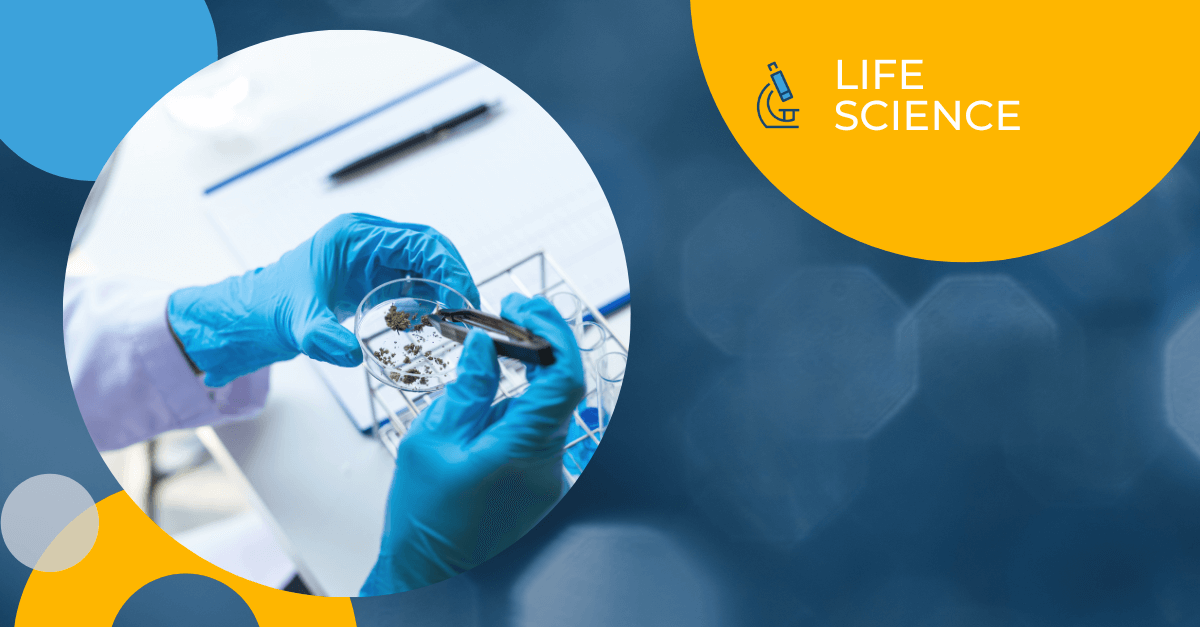In the life sciences industry, precise translation of regulatory documents is crucial. Even minor errors can have significant consequences With high stakes in clinical trials and pharmaceutical approvals.
Certified translations are essential to avoid costly mistakes, ensure compliance with rigorous regulatory standards and prevent delays, rejections, or penalties.
In this blog, we will cover the potential risks of mistranslations, the vital role of certified translations in maintaining compliance, and how our specialized services can support your regulatory submissions. We will also explore the importance of accurate translations for clinical trials, medical devices, and pharmaceutical products, highlighting how our expertise can help safeguard your global operations.
Risks of Mistranslations in Life Sciences Submissions
Errors in regulatory document translations can lead to severe outcomes for life sciences companies. Mistranslations can result in rejected submissions, causing delays in market approval. In fast-paced sectors like biotechnology and pharmaceuticals, these delays may result in lost opportunities and a competitive disadvantage.
Additionally, regulatory bodies such as the FDA, EMA, and PMDA enforce strict guidelines.
Failure to adhere to these guidelines due to translation inaccuracies can lead to hefty fines or even the revocation of approvals. For example, incorrect translations in patient information leaflets could cause safety concerns, leading to fines or product recalls. Furthermore, mistakes in regulatory submissions can damage a company’s reputation, affecting investor trust, partnerships, and overall brand image. Certified translations signify a commitment to high standards of precision and professionalism.
The Role of Certified Translations in Compliance and Accuracy
Certified translations provide critical assurance that documents are translated accurately to meet regulatory demands. Here’s why they are indispensable for life sciences companies:
- Certified translations are tailored to meet local regulatory requirements, which can vary significantly by country. These translators are skilled in navigating different regulatory environments, ensuring compliance and preventing costly errors or revisions.
- Life sciences documents often include complex terminology related to clinical trials, drug compositions, and medical devices.
- Certified translators, often experts in the field, ensure that no crucial information is lost and that the documents are accurately understood in different languages.
- Certified translations come with a certification stamp or affidavit, which verifies their accuracy and authenticity. This certification is crucial for meeting regulatory bodies’ requirements for evidence of precision.
Meeting Regulatory Requirements for Clinical Trials, Medical Devices, and Pharmaceuticals
In clinical trials, regulations dictate how documents like protocols, informed consent forms, and patient-reported outcomes should be prepared. Certified translations ensure these documents meet regulatory standards across different jurisdictions, facilitating smoother approvals.
For medical devices, translating instructions for use (IFUs), safety information, and technical documents accurately is vital for regulatory compliance. Inaccurate translations can lead to product misuse or recalls, as well as regulatory penalties. Certified translators ensure that these translations adhere to local regulations.
When dealing with pharmaceutical products, approval dossiers contain complex data such as safety reports and chemical compositions. Certified translations ensure this detailed information complies with local pharmaceutical regulations, minimizing the risk of delays or rejections.
Why Morningside Stands Out for Certified Translation Services
At Morningside we recognize the critical importance of precision in regulatory submissions for life sciences. Our certified translators have specialized expertise in the life sciences sector, ensuring your documents are accurately translated and comply with specific regulatory requirements.
We follow a rigorous quality assurance process that includes multiple review levels to guarantee the highest accuracy standards. Our extensive global network of translators and experts provides local insights and compliance with regulations in various countries, ensuring your documents are prepared for submission wherever needed.
We also prioritize timely delivery, understand the urgency of regulatory submissions and strive to meet deadlines without sacrificing quality.
About Morningside
Morningside, a Questel Company, is a leading provider of translation and localization services tailored for the life sciences industry. With over 20 years of experience, we specialize in delivering high-quality certified translations that meet global regulatory standards. Our team of experts includes translators with in-depth knowledge of life sciences, ensuring that your documents are translated with the utmost precision and accuracy.
We offer a comprehensive suite of services, including regulatory submissions, clinical trial documentation, and pharmaceutical product dossiers. Our commitment to excellence is backed by a robust quality assurance process and a global network of professionals, allowing us to support your regulatory needs in any market.
Secure Your Global Regulatory Submissions with Certified Translations
For life sciences companies, accurate and compliant translations are essential to avoid delays, fines, and reputational damage. Certified translations from Morningside offer the expertise, quality assurance, and global reach needed to ensure your success in navigating the complex world of regulatory compliance.
Ready to enhance your global regulatory submissions? Contact us today to discover how Morningside’s certified translation services can help your company achieve the highest standards of accuracy and compliance.



